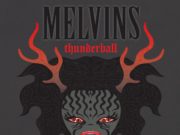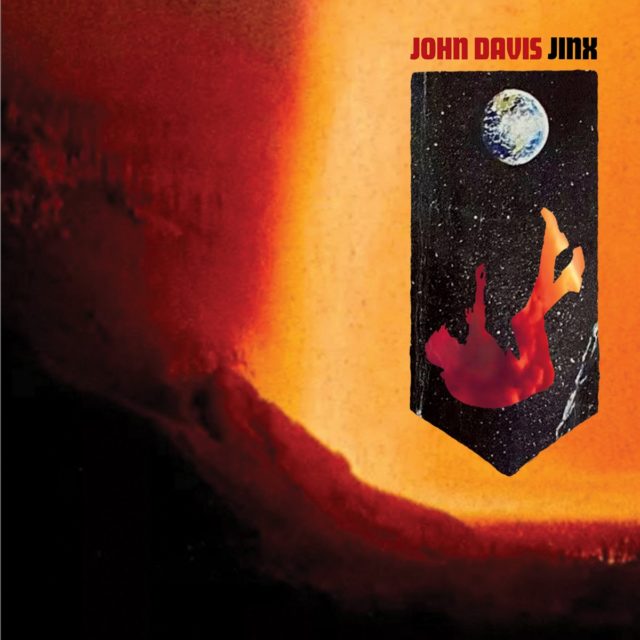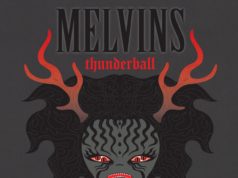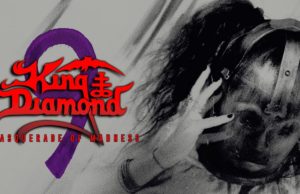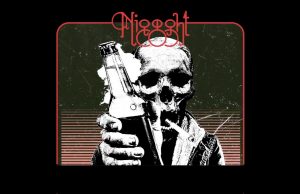THE EDITED PRESS RELEASE: “Jinx was supposed to be a Superdrag album. The bandmembers even started tracking it as one. But the exercise of recording in fits and starts ultimately found the endeavor sputtering to a stop. Superdrag ran out of patience, time and energy. But John Davis, heart-on-the-sleeve songwriter that he is, knew that these songs needed to be saved.
“Stewart Pack has been a hero of mine for about 30 years,” John says. “He was the guitarist and the singer in my favorite Knoxville band ever, Pegclimber.” John had collaborated with Stewart on past projects like skate punk revival band Epic Ditch, but what John was really looking for was to be put in touch with Stewart’s son Henry, who was fast becoming one of the most sought-after engineers in town. Not to mention a “monster drummer.”
What John got from that call was a twofer — Henry agreed to engineer, and Stewart signed up to produce. The father-son combo also quickly slotted in as John’s rhythm section. Suddenly — and, yes, heroically — Davis had a brand-new band. They took their cues from three-piece legends like Minutemen, Meat Puppets, Hüsker Dü and Dinosaur Jr. (all, not incidentally, SST Records stalwarts) and used the spartan, no-frills sensibility of The Ramones as inspiration. But they weren’t looking to go punk as much as go lean. “We weren’t gonna be bound by any of the earlier arrangements or earlier decisions about the songs and what we wanted to do was eliminate all the fat.”

The first thing you notice on the record — in fact, the very first thing you hear — is John’s thick, raw guitar tone. (And its short, warm sustain at the end of I’m Sorry is the very last sound. Not unfamiliar or unaffiliated with the big production energy of Nashville, where a band might employ more than 20 guitars to make a record, John and Stewart pinned almost all their sonic hopes on one Fender Stratocaster. “As ubiquitous as the Strat is, I feel like they’re really undervalued on records.” The decision was less about championing the Strat and all about creating a sonic universe the listener could take instant residence in. Once you key into the sound, it feels like home.
It also felt as honest as the lyrics. “I’ve been writing songs for a long time and my process has never really changed. I just try to open my heart up and whatever’s in there, that’s what you get.” And what you get on Jinx is indeed that — a man carrying out assorted boxes from the dark and light sides of his heart. John takes listeners through the internal monologues of a person battling with depression and then buoys us back up with sweet and straightforward declarations of love.
The album opens with the lyrics “Sometimes I’m a bag of broken glass / What am I supposed to do with that?” from The Future and then, on a dime, the newly engaged Davis invites us to his upcoming betrothal on Please Be My Love (“She’s so kind and sweet to me / That’s all she has to be”). The album intentionally conflates negative and positive connotations, which manifests in its titular identity.
As a word, Jinx usually immediately conjures thoughts of bad luck, and that’s the idea to be certain. But the title is really just an inside joke between John and his fiancée about their almost daily tendency to utter the same phrase at the same time. Yep, misfortune and soul connection, depression and new love. That’s Jinx.”



